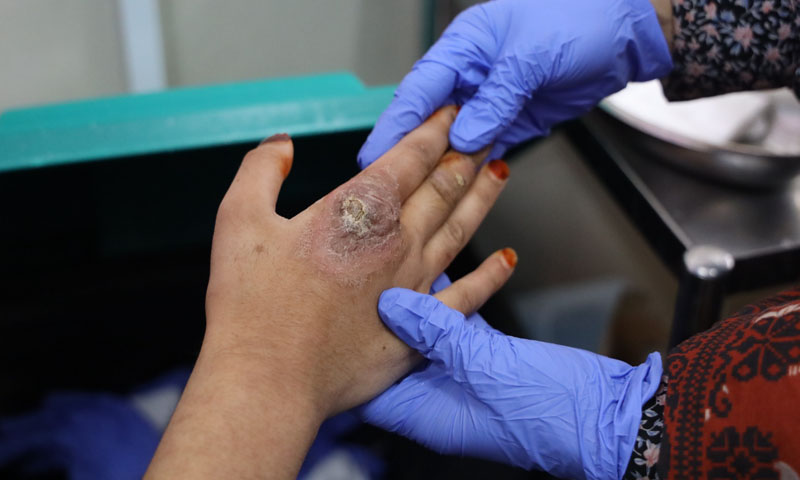- Web
- Feb 02, 2026
Hepatitis B on the verge of becoming deadliest viral disease
-

- Web Desk
- Apr 14, 2024

ISLAMABAD: Hepatitis B is now on the verge of becoming the deadliest viral disease, surpassing tuberculosis (TB) as the leading cause of mortality worldwide. While TB has long held this grim distinction, efforts to combat it have brought it closer to being overtaken by another viral foe: hepatitis B.
According to a recent report by the World Health Organization (WHO), hepatitis B and C continue to cause significant fatalities, with approximately 1.3 million deaths attributed to them in 2022. However, the real concern lies in the trajectory of hepatitis B. If appropriate actions are not taken, by 2040, deaths from hepatitis B could surpass those caused by TB, HIV, and malaria combined.
Experts emphasize that hepatitis B spreads primarily through blood contact, yet its global impact has often been underestimated. While substantial efforts have been directed toward combating HIV, TB, and malaria, the burden of hepatitis B has been overlooked during the establishment of global health initiatives.
Over the past decade, there has been a surge in hepatitis B cases in low-income countries due to inadequate resources for prevention and control. Notably, two-thirds of hepatitis B cases are concentrated in just 10 countries: Pakistan, Bangladesh, China, Ethiopia, India, Indonesia, Nigeria, the Philippines, Russia, and Vietnam. However, even in developed nations, the virus continues to spread rapidly.
Read more: Every second person in Pakistan possibly affected by Hepatitis: expert
Globally, 83% of hepatitis-related deaths are attributed to hepatitis B, while the remaining 17% are due to hepatitis C. Common symptoms of hepatitis include fatigue, jaundice, and nausea, although many cases remain asymptomatic until the disease reaches an advanced stage. The virus spreads through contaminated blood, unsafe syringes, and other medical equipment.
Although a vaccine exists for hepatitis B, access remains limited in many countries. Treatment options are available for both hepatitis B and C, but unfortunately, most individuals do not have access to them. As we confront this silent threat, global efforts must prioritize awareness, prevention, and equitable healthcare access to combat hepatitis B effectively.




